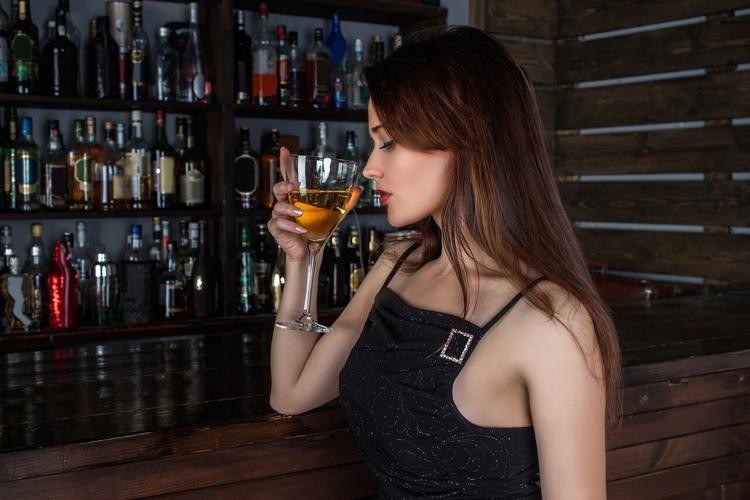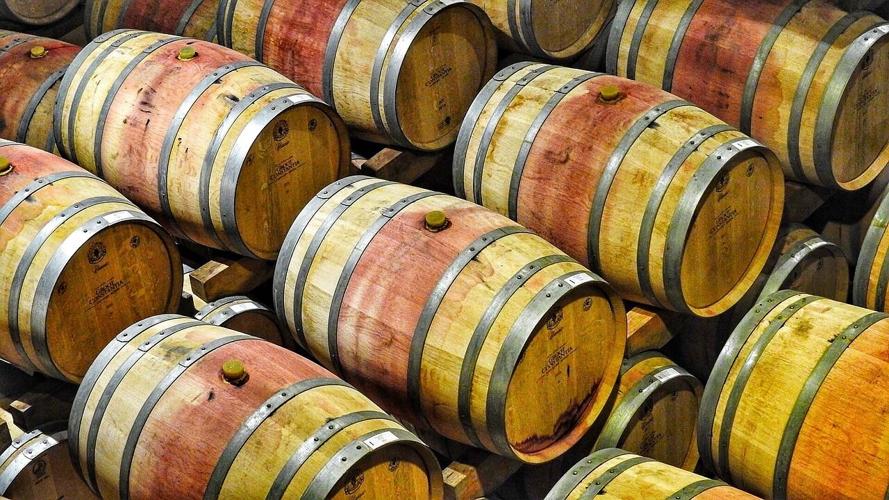
Wine is a living product, and when adequately cellared and aged in the right environment, it can unlock an array of flavors and aromas that would otherwise remain hidden. Cellaring wines can also increase their complexity, texture, depth of flavor, and age-ability by allowing them to mature slowly over time. With the help of modern technology, wine warehouses can create the ideal environment for cellaring and aging wines. These warehouses are designed to store wines in a temperature-controlled, humidity-controlled atmosphere to ensure each bottle matures at its own pace.
The Benefits of Cellaring and Aging Wines
The process of cellaring and aging wines has a variety of benefits. Storing wines in a temperature-controlled, humidity-controlled atmosphere prevents the wine from maturing too quickly due to fluctuating temperatures. In a Wine Warehouse, wines stored in the right conditions can also develop a unique "bouquet" or flavor and aroma profile due to the specific environment. Wines that are properly cellared and aged also have better aging capacity than they would otherwise have, allowing them to be enjoyed after many years of storage.
This "aging in a bottle" process also benefits the wine's quality. Cellaring and aging wines allow them to slowly develop complex aromas, flavors, textures, and a smoothness that can only be achieved with time. This will enable wines to reach their fullest potential when they are finally opened and enjoyed.
The slow maturation also softens tannins in red wines, which increases the smoothness and drinkability of those wines. Another benefit is that wines stored in a cool, dark place age more gracefully and with less oxidation than warm-stored bottles.
The Different Stages of Cellaring and Aging Wines
Understanding the basics of cellaring and aging wine is crucial for wine enthusiasts. There's nothing quite like uncorking a perfectly aged bottle of wine after years of waiting, savoring the complex flavors and aromas that have developed over time. But how do you know which wines to cellar and how best to store them? The aging process of wines is divided into three distinct stages: young, developing, and mature.

Young wines have only recently been released for sale and require no further cellaring or aging; these often taste best when consumed within one to two years from the release date. Developing wines require additional cellaring or aging to reach their fullest potential; these can be aged from two to five years, depending on the wine. Finally, mature wines have been allowed to age longer to reach peak flavor and complexity; these should typically be aged for five or more years before drinking.
The Best Conditions for Cellaring and Aging Wines
When it comes to cellaring and aging wines, there are a few basic conditions that need to be taken into consideration. Ideally, the temperature should remain between 45°F-55°F (7°C-12°C) with no major fluctuations in this range. Humidity levels should also remain consistent at around 65-75%, as too much or too little can damage the cork. Additionally, wines should be stored in a dark and vibration-free environment to prevent the effects of UV light and excessive movement on the wine's flavor and aroma.
Finally, it is essential to remember that cellaring and aging wines require patience; some bottles may take years before they are ready to drink. It is also a good idea to keep a record of the wines you cellar, marking down their release date and noting any changes in flavor or aroma over time. This will help ensure that your wines reach peak maturity at just the right moment.
Factors that Affect Wine Aging
The art of wine-making involves a careful balance between science and nature. Several factors affect wine aging:
Moisture Content of Grapes
The moisture content of grapes is an essential factor in the aging process of wine. Grapes are composed primarily of water, and this moisture plays a significant role in how wines mature over time. The amount of moisture in the grapes can affect the flavor profile and texture of the resulting wine and its overall age-ability. To ensure that your wines reach their fullest potential, it is crucial to understand how grape moisture affects wine aging.
Grape Variety
The grape variety is an essential factor to consider in cellaring and aging wines. Different grape varieties have different characteristics that can affect the flavor profile and texture of the resulting wine and its age-ability. Some grapes are more suited for long-term storage than others, while some will only reach their full potential after a few years in the bottle. It is essential to understand which grape varieties will develop the desired characteristics over time when selecting wines for cellaring and aging.
Climate
Different climates can affect a wine's flavor profile, texture, and age-ability. The ideal climate for cellaring and aging wines is consistent with minimal fluctuations in temperature, humidity levels, and light exposure. A cool dark place with controlled temperatures between 45°F to 55°F (7°C-12°C) and 65%-75% humidity are optimal conditions for storing wines over time. Additionally, it should be free from vibration or movement as this can also affect the quality of a wine's bouquet or aromas when opened after many years of storage.
Fermentation Process
The fermentation process for wines is another factor that can affect aging. By tweaking the fermentation process, winemakers can control the amount of tannins and acidity in a wine, which affects how quickly it will age. Wines with higher levels of tannins and acidity tend to take longer to reach maturity, while those with lower amounts may develop more quickly.
Cellaring and aging wines can be rewarding with the right knowledge and careful attention. Understanding how to store and age your wines correctly will ensure they reach peak maturity at the right moment. This can take patience, but following the essential tips outlined in this article, you can rest assured that your wines will age gracefully over time.
Here are Some Other Articles Related to Your Search:
The Art Of Cellaring: Aging And Collecting Wines With The Help Of Wine Clubs




(0) comments
We welcome your comments
Log In
Post a comment as Guest
Keep it Clean. Please avoid obscene, vulgar, lewd, racist or sexually-oriented language.
PLEASE TURN OFF YOUR CAPS LOCK.
Don't Threaten. Threats of harming another person will not be tolerated.
Be Truthful. Don't knowingly lie about anyone or anything.
Be Nice. No racism, sexism or any sort of -ism that is degrading to another person.
Be Proactive. Use the 'Report' link on each comment to let us know of abusive posts.
Share with Us. We'd love to hear eyewitness accounts, the history behind an article.